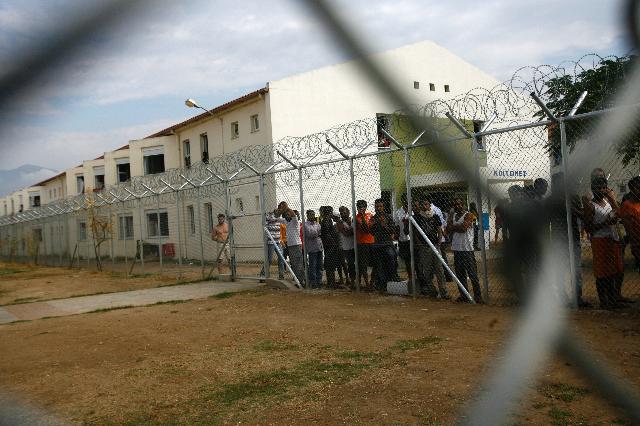According to EU law, which is implemented by Member States, an applicant for asylum must be guaranteed a decent standard of living. Assistance should include accommodation, food and clothing. States may choose the form in which they provide assistance – it can be in kind, or in the form of financial allowances or vouchers. The amount of aid to be granted is determined by each Member State.
In October 2010, the Saciri family filed in Belgium an application for asylum. Reception institution (“Fedasil”) informed the family that due to the overload of the system it could not provide it with accommodation. Since the family did not receive housing, while waiting for the decision concerning their asylum application, they rented an apartment on the private market. However, the family had no means to regulate the rental fee. They turned to the social assistance centre for a refund. The centre refused, claiming that the family could not receive a refund, because it was outside the structures of Fedasil.
In its judgment, the Court of Justice of the European Union confirmed that States have the responsibility to provide assistance for asylum seekers from the date of the application for asylum. Respect for fundamental rights, in particular the requirements laid down in Art. 1 of the Charter, according to which human dignity must be respected, precludes the asylum seeker from being deprived of assistance.
In the Court's view, EU law does not preclude, in the case of an overload of the accommodation facilities specifically for asylum seekers, that other bodies within the general public assistance system are involved. This is possible as long as this system ensures that the minimum standards set by the EU law are met.
The judgment in Saciri confirmed that, while Member States can decide whether they offer assistance in kind, or in the form of allowances or vouchers, the level of support should in all cases be sufficient and adequate. States should preserve the unity of the family and take into account the welfare of children - the aid must allow for accommodation of children with their parents. At the same time the Court highlighted that it is not appropriate to leave the asylum seekers to make their own choice of housing suitable for themselves.
Judgment in Saciri - Case C‑79/13
Zuzanna Warso, lawyer at the Helsinki Foundation for Human Rights




